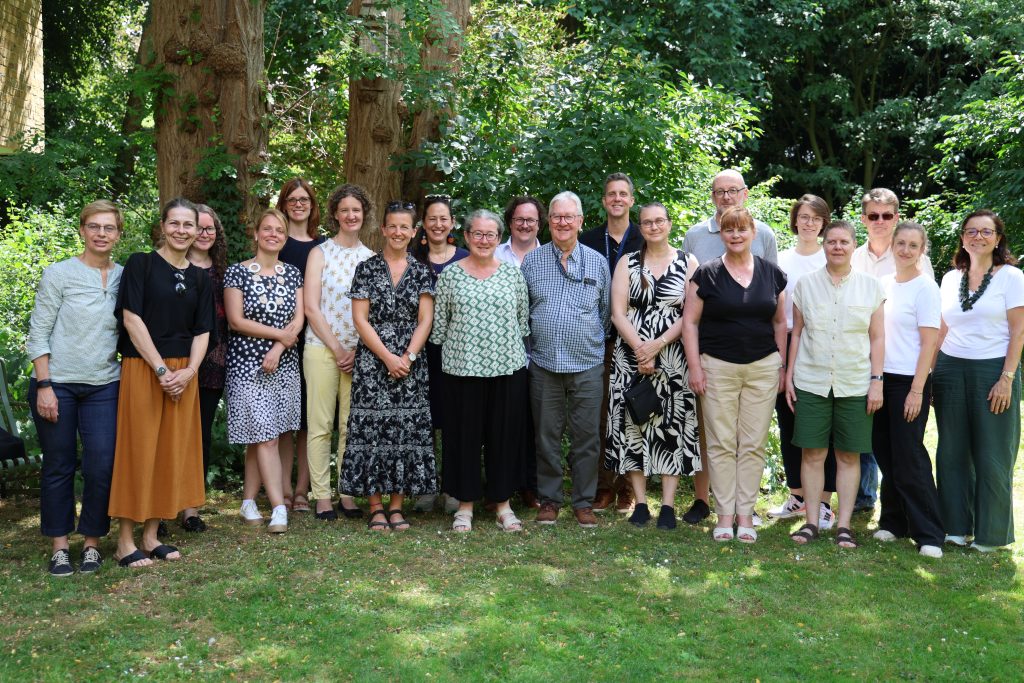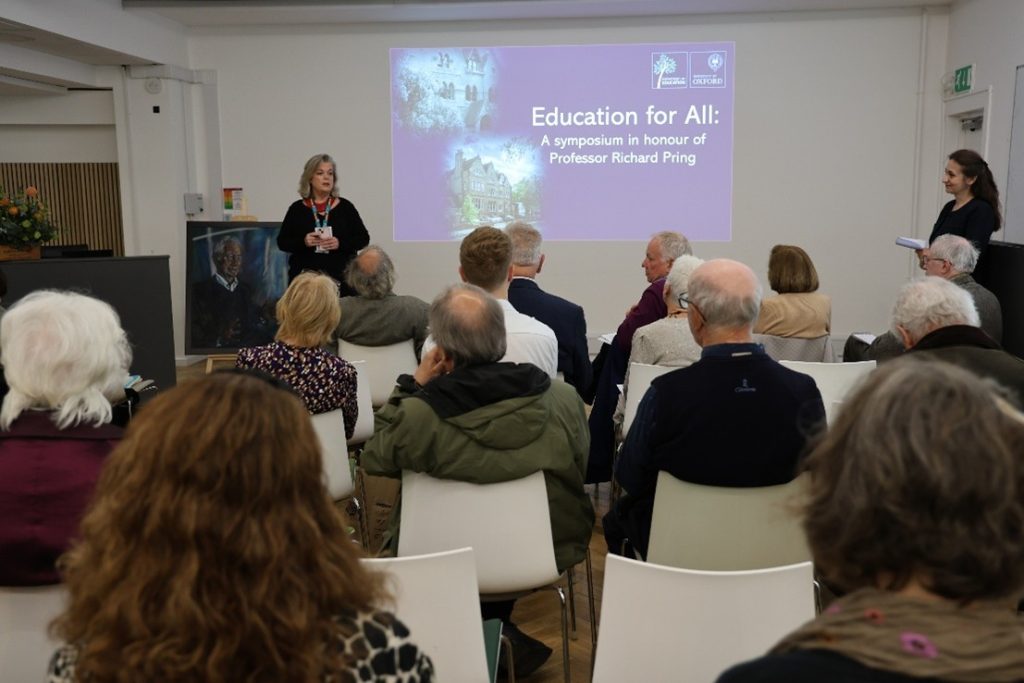“Written by leading scholars from around the world, this is a must-have reference work for anyone teaching, researching, studying, or working in CIE.”
DPhil students Aizuddin Mohamed Anuar, Arzhia Habibi and Olga Mun have co-authored a chapter in The Bloomsbury Handbook of Theory in Comparative and International Education entitled ‘Post-colonialism in Comparative and International Education: Interrogating power, epistemologies, and educational practice’.
Their chapter features in the ‘Post-Foundational Theories’ section of the handbook, which brings together a diverse collection of theories, including but not limited to: Structural-functionalism, Colonialism/Imperialism, Marxism, Human Capital Theory, Dependency/World Systems Theory, Post-Colonialism, Post-Socialism, Neo-liberalism, Neo-Institutionalism, Neo-Marxism, Policy Borrowing and Lending, Peace Theories, Human Rights, Constructivism, Racism, Gender, Queer Theory, Social Network Theory, Capabilities Theory, and Cultural Political Economy.
The handbook offers a practical and approachable overview of central theories in comparative and international education (CIE), with chapters focusing in depth on specific theoretical perspectives and seeking to elucidate the histories, assumptions, and recent developments of these theories.
Aizuddin, Arzhia and Olga would like to acknowledge Dr Maia Chankseliani for sharing this opportunity with them.
Further information is available on the Bloomsbury website.
Reviews
“This book represents the most comprehensive and trenchant treatment of theory in comparative and international education that I have seen. As such, I predict it will become as indispensable a work for comparativists of education as there is in the field.”
Erwin H. Epstein, Professor Emeritus, Cultural and Educational Policy Studies, Loyola University Chicago, USA
“This book is a unique resource for anyone interested in the study of comparative and international education. It presents, in an accessible yet rigorous way, a broad set of theoretical concepts and tools that help us advance our understanding in this rapidly evolving field.”
Manuel Souto-Otero, Professor of Social Sciences, Cardiff University, UK









